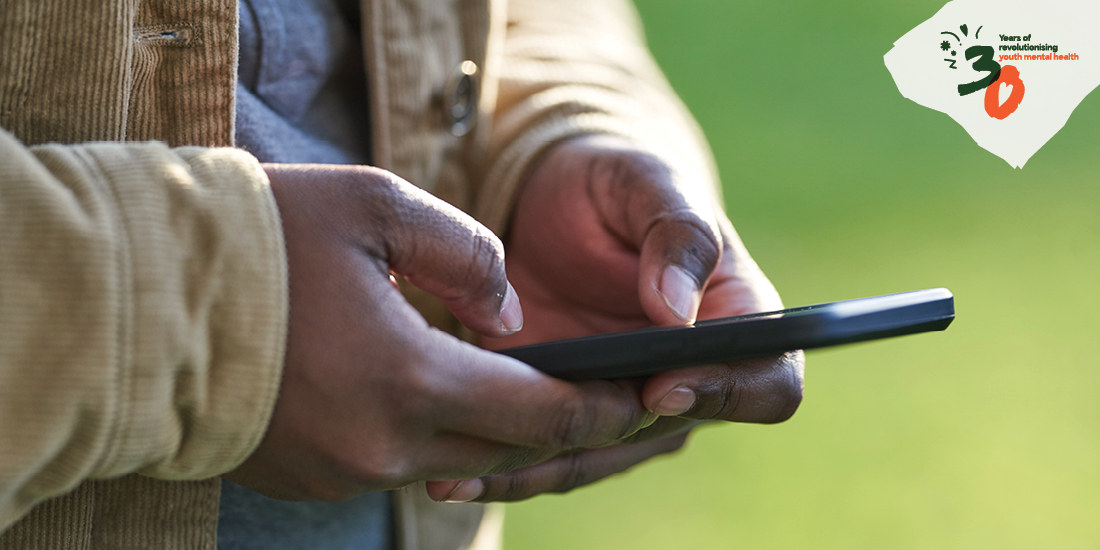
Thirty years after Orygen began its vital work in youth mental health, our technology division, Orygen Digital, is harnessing technology’s potential and enhancing clinical care for young people.
With a remit to bring the best of digital technology and clinical research to treatment options, our MOST (Moderated Online Social Therapy) service and a new virtual reality (VR) lab recognise that young people are digital natives at ease with technology, so they need access to mental health support on their terms.
Starting as a research project more than 12 years ago, MOST has evolved into an on-demand digital therapy service offering self-directed therapy content, safe moderated online community discussions, and access to peer workers, career counselling and one-on-one clinical support.
Led by Chief of Orygen Digital Professor Mario Alvarez-Jimenez, MOST has been designed to support mental health services as they work hard to support young people at a time of increasing demand.
“Even when young people try to access treatment, many have to wait months before they see a clinician face-to-face and even when young people access treatments, interventions aren’t particularly engaging for them. MOST was designed to address this gap,” he said.
The latest evolution of MOST launched in Victoria in mid-2020. It’s now supporting thousands of young people nationally and internationally and is available to 12 to 25-year-olds in Victoria, Queensland and New South Wales with plans to launch in ACT. Many clinicians have incorporated MOST into their treatment plans, and a mobile app is on the way in early 2023.
“Young people have been asking for an app for a few years, so we’re excited to deliver that,” Professor Alvarez-Jimenez said.
Our world-first virtual reality lab is also giving Orygen researchers and clinicians an opportunity to test and deliver new research and technologies. Professor Andrew Thompson is head of VR, with Research Fellow Roos Pot-Kolder co-leading a team of researchers, clinicians, developers and a peer worker.
Orygen psychologist Dr Imogen Bell’s research focuses on virtual reality and mobile apps that support young people with mental health difficulties.
“We want to harness the latest innovations in VR to develop new ways of delivering more effective, engaging and accessible mental health care to young people,” she said.
“VR is incredibly compelling and engaging for young people and we can draw on the capabilities of VR to provide effective therapeutic experiences. VR can overcome the major problem of poor engagement with youth mental health treatment amongst young people,” Dr Bell said.
The lab has developed Orygen Virtual Worlds (OVW), a novel, purpose-built online virtual world platform created by mental health clinicians, researchers, VR designers and young people with lived experience of mental ill-health. Its first trial last month saw young people – via their avatars – taking part in a safe virtual environment consult.
The lab has also created the MIND program that transports young people to their own 3D virtual minds where they can observe, challenge and change anxious or depressive thoughts and emotions. The VR lab is also tackling early psychosis by creating realistic virtual environments where young people can recognise psychosis triggers and symptoms and learn how to better manage those.
“This is unexplored territory in the virtual reality landscape and Orygen could become world leaders in this space for youth mental health treatment,” Dr Bell said.
Digital technology is part of the future of youth mental health care and Orygen Digital is just getting started in its bid to deliver effective digital therapy at scale to help with the volume of young people seeking mental health support.